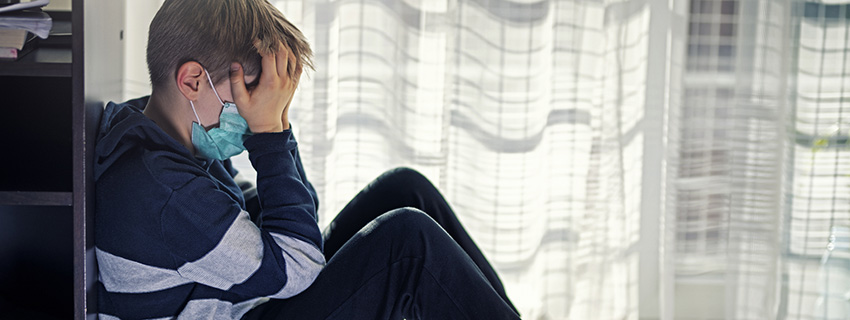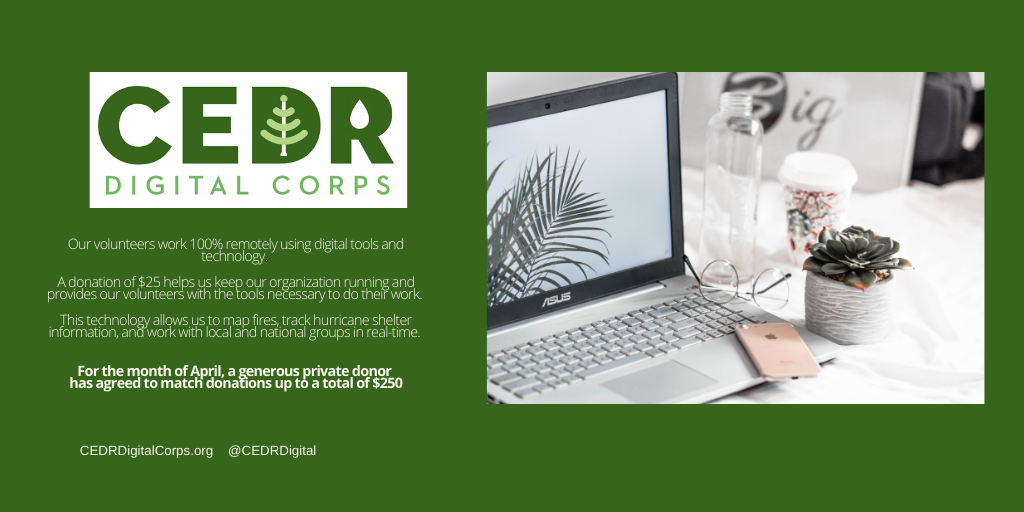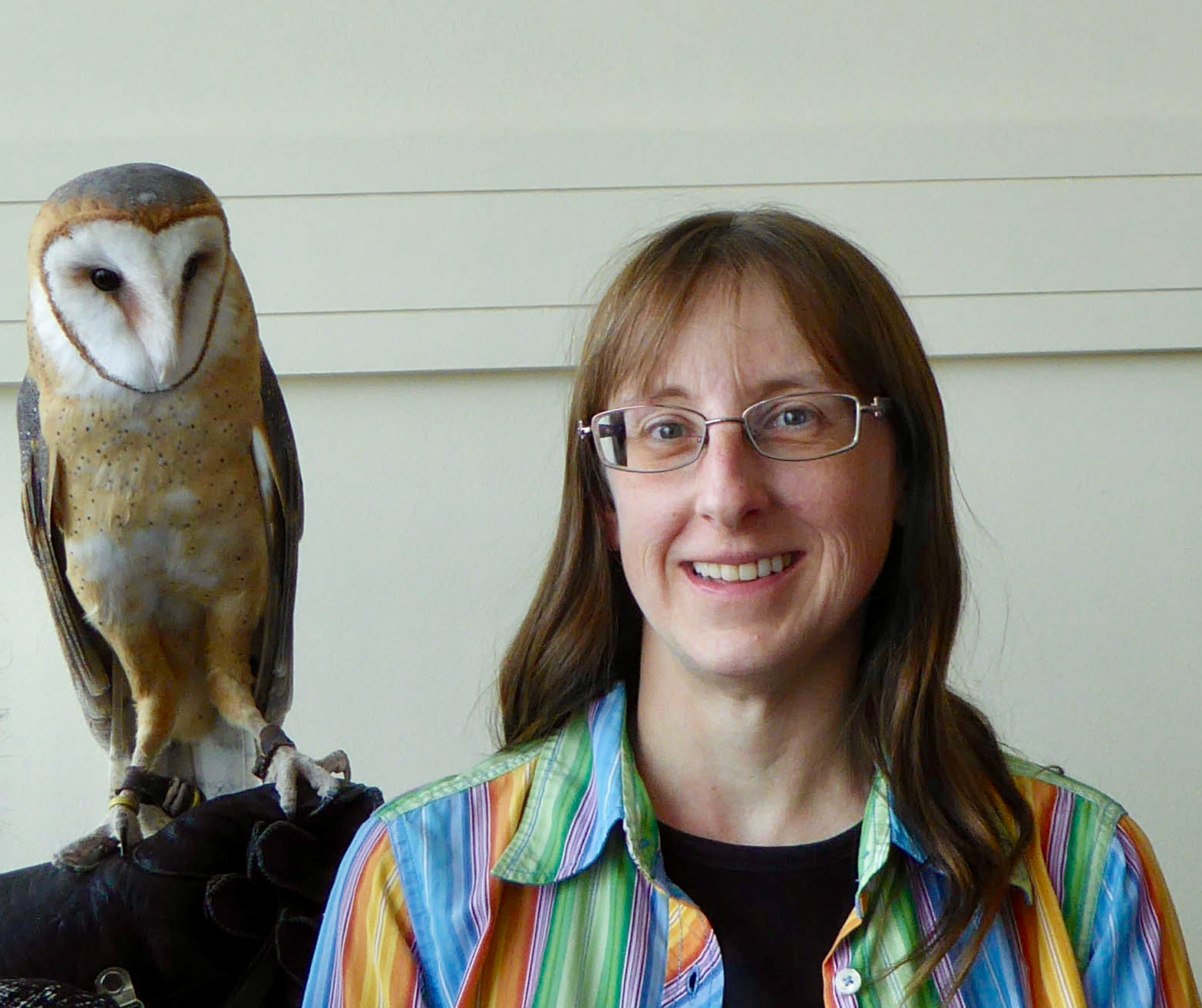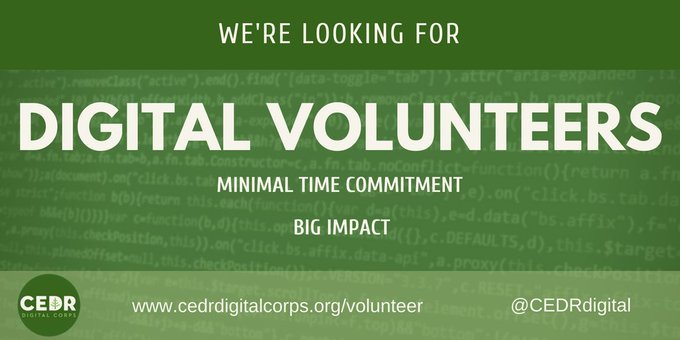
2020 has been a challenging year for millions of families across the country as routines and lives have been disrupted by the COVID-19 pandemic. The greatest disruption has been in the area of our social interactions. With social distancing and isolation requirements to protect our health, have come a new set of issues and stresses for all, but especially for children.
Children don’t always respond to stressful events in the same way as adults do. Often they are unable to articulate how they are feeling or pinpoint a cause. However, there are behavioral clues that can help parents and other adults know they are not managing to deal with stress well. Some of these are:
- Excessive worry or sadness
- Unhealthy eating or sleeping habits
- Irritability and “acting out” behaviors
- Lack of school interest or poor performance
- Avoidance of school work, including simple tasks
- Difficulty with attention and concentration
- Avoidance of activities enjoyed in the past
Children sometimes learn ways to cope with stressful situations from cues they receive from their peers and adults in their lives. The social isolation required by this pandemic has not been easy, as children and all the adults around them have been greatly impacted by the uncertainties of COVID-19. It is therefore important for parents to first identify any issues and then help their children develop coping strategies that will enable their resilience in dealing with the challenges that covid will continue to create in our lives.
The University of Colorado School of Medicine offers a number of tips to help support children. They include:
- Taking time to talk with your children about the COVID-19 outbreak. Answer questions and share facts about COVID-19 in a way that your child can understand. It’s important to acknowledge their fears and concerns.
- Reassure them that they are safe. Share with them how you deal with your own stresses so that they can learn from your own coping mechanisms and can approach you when they are concerned or fearful.
- Limit your child’s exposure to media coverage about COVID-19. Children may misinterpret what they see or hear and may get frightened about something they don’t understand.
- Make sure you create and maintain a sense of structure and routine, which often provides comfort to children.
- Be a role model; take breaks, get plenty of sleep, exercise, and eat well. Connect with your own friends and family members virtually so they can learn to use technology for peer and family support.
We have listed below some additional resources you might find helpful in supporting your children during this time:
- Brain Pop: Coronavirus resources with games and videos
- Child Mind Institute: How to Talk to Kids About the Coronavirus
- ChildMind.Org: Supporting Families During COVID-19
- Children’s Mental Health Network: Resources for Parents Supporting Children
- CNN: Shows kids can watch that you won’t feel bad about
- Every Mind: Range of mental health articles plus crisis resources
- Harvard Medical School: COVID-19 Classroom for Kids
- Mass General Hosp: How to talk to preschoolers and children about COVID-19
- NASP: Helping Children Cope with COVID-19
- NSPCC: Coronavirus (COVID-19) Support for Parents and Carers
- PBS Kids: How you and your kids can de-stress during coronavirus
- Rise and Shine: COVID and suicidal thoughts in children and teens
For more resources related to children, teens and homeschooling during this pandemic, please visit our CORONAVIRUS COVID19 RESOURCES page.




